Mondays
Love Battles: The Films of Jacques Doillon
Programmed by Ivan Albertson
Essay by Ivan Albertson
Jacques Doillon has proven himself to be one of the greatest French directors over 25 features in 40 years, yet his work remains largely unknown in the U.S. This nine-film retrospective is a step toward rectifying this—a chance to absorb the nuances of his singular style and note his shift from naturalism toward abstraction.
A member of the post-New Wave generation that includes Jean Eustache and Philippe Garrel, Doillon is remarkable for his even-handedness, privileging no single character's perspective over another's. In doing so, he offers sympathy for characters normally treated with scorn, like the kidnapper in La Drôlesse (The Hussy) or the wealthy landowner in Raja, as well as dignity to those often cast as victims. "I don't want to express my opinions through the cinema," Doillon explained. "I don't believe in the language of politics and because I am without such belief I tell myself that whatever happens nothing will alter the tragedy of our lives." Within this pessimism is a unique strand of humanism, one that's resolutely nonjudgmental, free from illusion and attuned to the struggles of relating to others.
Unequaled is his sensitivity to the emotional lives of children, most notably in the international success Ponette, about a four-year-old mourning the death of her mother. "...There's nothing richer than the lives of four-year-old children," said Doillon. "They're so much richer than the lives of thirty-year-olds. For them, every experience is new. Their fantasy, their invention is perpetually new. They have a freedom of imagination that's so much greater than that of adults." This curiosity, utterly devoid of condescension, characterizes all of Doillon's work. He is fascinated by human nature in all its contradictions and can't fathom reducing it to a set of rigidly defined traits.
His films view love as a unifying force fraught with conflict and tragedy. In this sense he resembles a more Oedipal, understated Cassavetes, an influence he acknowledges. They share a compassion for troubled characters with a particular focus on the ramifications of love. "The shameless, desperate demand for love is Doillon's most characteristic dramatic trope," observed Dave Kehr, "and the cumulative effect of those incessant demands is to open an agonized world of pain and vulnerability, not only between lovers but between parents and children."
Doillon is fond of locating the psychological in the physical, prompting Gilles Deleuze to call his work a "cinema of the body." In addition to rendering the gait as expressive as the face, he shapes his melodrama around bodies divided between two spaces. Consider Jacques in The Crying Woman, torn between his family and lover and trying to make the two compatible. "The character in Doillon is in the situation of not being able to make out the distinct," wrote Deleuze. "He is not psychologically indecisive, he would be even the opposite. But the predominance [of one set] is useless to him, because he inhabits his body like a zone of indiscernibility." Each new space forged irreconcilably carries the influence of the pre-existing space. Despite taking refuge from reality, Francois and Mado in La Drôlesse (The Hussy) construct their relationship in direct response to their home lives. In Raja, Fred inhabits his privileged life of solitude when he's in the garden with Raja and vice versa. Being a child only enhances Ponette's dislocation. She continues to believe she can revive her mother, and the coping mechanisms taught to her only confuse her further.
To avoid distraction from the drama, Doillon uses anonymous, confined locations that function primarily as psychological spaces. Even his exteriors have a claustrophobic quality to them, as he's more interested in mindscape than landscape. Establishing and transitional shots are notably absent, conflating disparate areas and enabling characters to suddenly appear in a scene. Sometimes one character begins to seem like a projection of another, or of Doillon himself. Similar to Bergman's characters, each exists as the embodiment of complex emotions. This is a highly theatrical conceit, but Doillon makes it cinematic by aligning his camera with character movement and steering clear of dramatic tropes. He is also careful to ground the emotions in a character's unique perspective, lending a naturalistic inflection to heightened feelings.
Doillon's work is rare to begin with, and the chance to see it on 35mm is even rarer. Several prints in the series have been imported from France, some of which haven't screened in Chicago since the '80s. And yet this series only begins to reflect the breadth of his oeuvre. Let's hope in years to come his obscure work receives the recognition it deserves.
Brody, Richard. "Notes on a Discussion: Jacques Doillon." The New Yorker online. March 8, 2009.
Deleuze, Gilles. Cinema 2. p. 202-203.
Forbes, Jill. The Cinema in France: After the New Wave. p. 200-215.
Kehr, Dave. "Jacques Doillon Review Begins at the Art Institute." Chicago Tribune. November 12, 1987.
Truffaut, Francois. The Films of My Life. p. 343-345.


This series was made possible thanks to the France Chicago Center and the Institut Français.
2015-01-05 @ 7:00 PM
Ponette
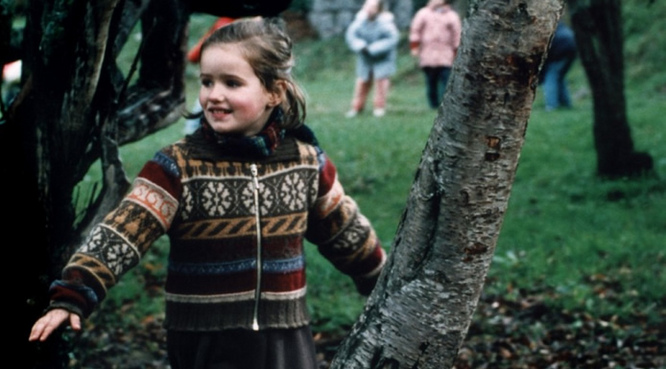
(Jacques Doillon, 1996) · Four-year-old Victoire Thivisol is so uncannily convincing as a girl grieving her mother's death that some have wondered whether she's acting at all (in fact, she is). The playground serves as an arena for competing notions of finality and salvation as Ponette tries various means of reuniting with her mother. Doillon's camera stays firmly aligned with her, granting her a stature within the frame she's sorely lacking in the surrounding world.
runtime: 97 min format: 35mm
2015-01-12 @ 7:00 PM
The Crying Woman
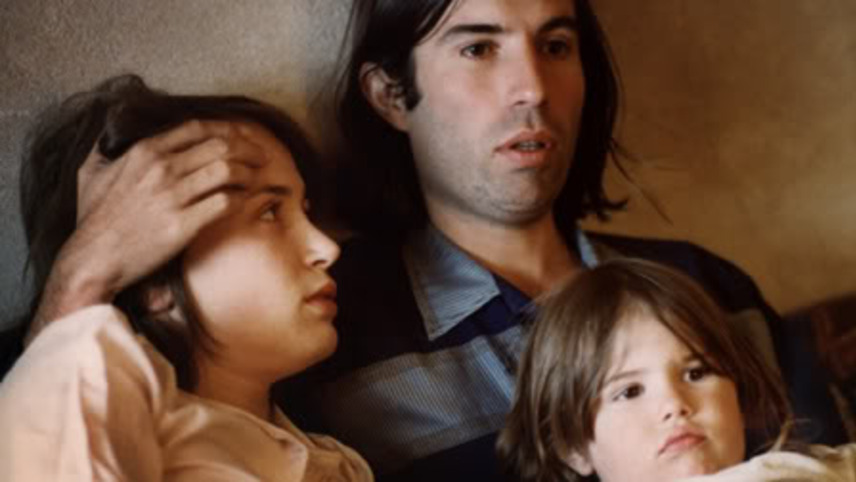
(Jacques Doillon, 1979) · This trenchant look at adultery established familial strife as a favorite topic of Doillon's. Filmed in his own house with himself and his three-year-old daughter Lola in lead roles ("the most expensive Sunday film," according to Doillon), The Crying Woman is as intimate as cinema gets. Easy moralism is eschewed in favor of psychological acuity, as the title character Dominique Laffin gives the crowning performance of her short career.
runtime: 90 min format: 35mm
2015-01-26 @ 7:00 PM
The Hussy
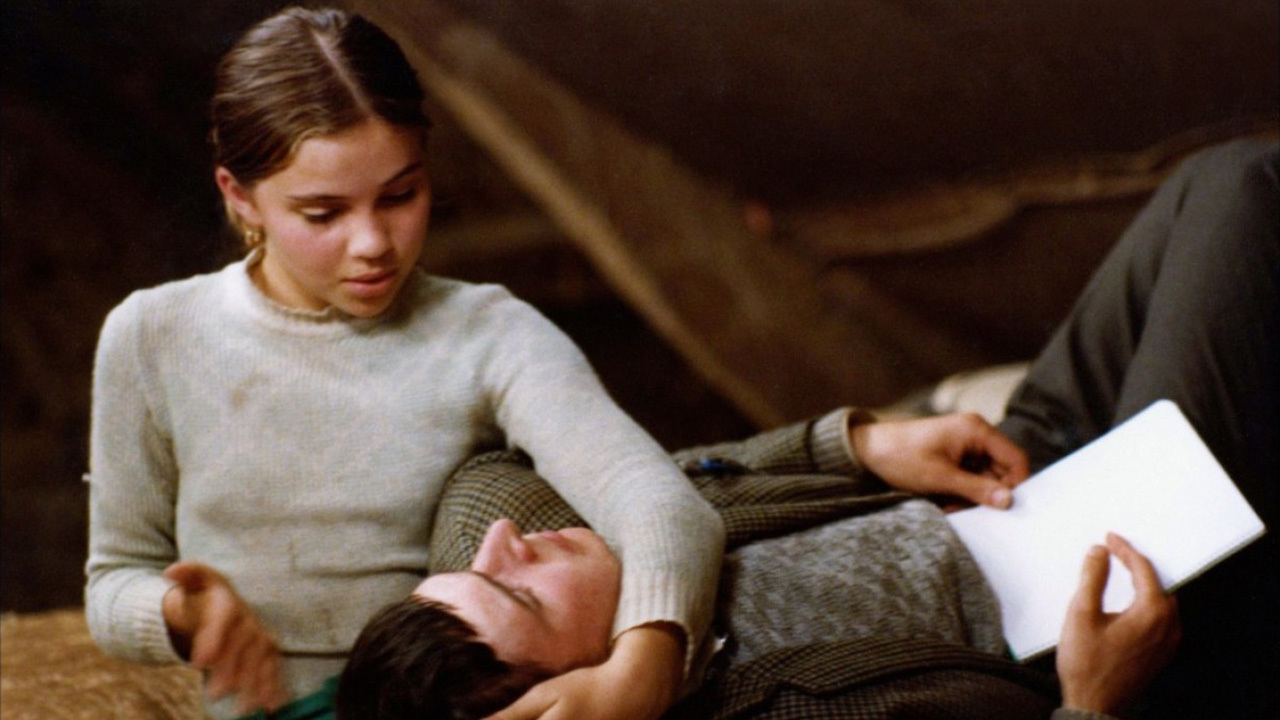
(Jacques Doillon, 1979) · Cannes award winner and one of Doillon's personal favorites, this disarmingly tender kidnapping fable is notable for its nonjudgmental attitude toward the characters. As mentally ill François keeps 12-year-old Mado captive in the attic of his parents' house, each comes to fill a domestic void in the other even as they play games of manipulation. The austere style befits the material, averting sentimentality and creating a vague sense of unease.
runtime: 90 min format: 35mm
2015-02-02 @ 7:00 PM
Family Life
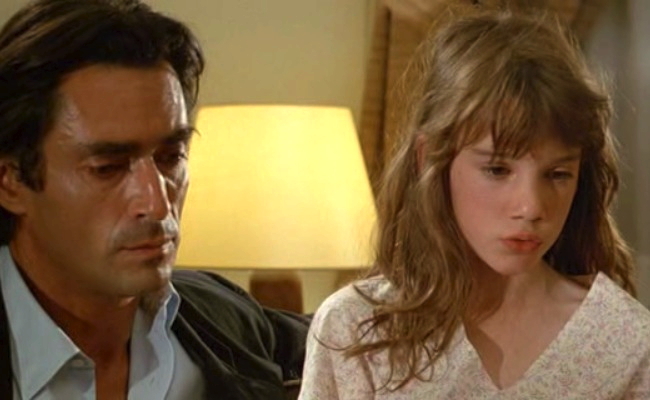
(Jacques Doillon, 1985) · "You say this to make me cry and then console me." Emmanuel's relationship with his 10-year-old daughter is rocky to say the least. Now remarried with a stepdaughter, he visits Elise on weekends but can't do so without his new family feeling neglected. Featuring seminal early appearances by Juliette Binoche and the video diary, La Vie de famille explores his attempts to regain Elise's trust, culminating in an extraordinarily moving final scene.
runtime: 95 min format: 35mm
2015-02-09 @ 7:00 PM
The Little Gangster
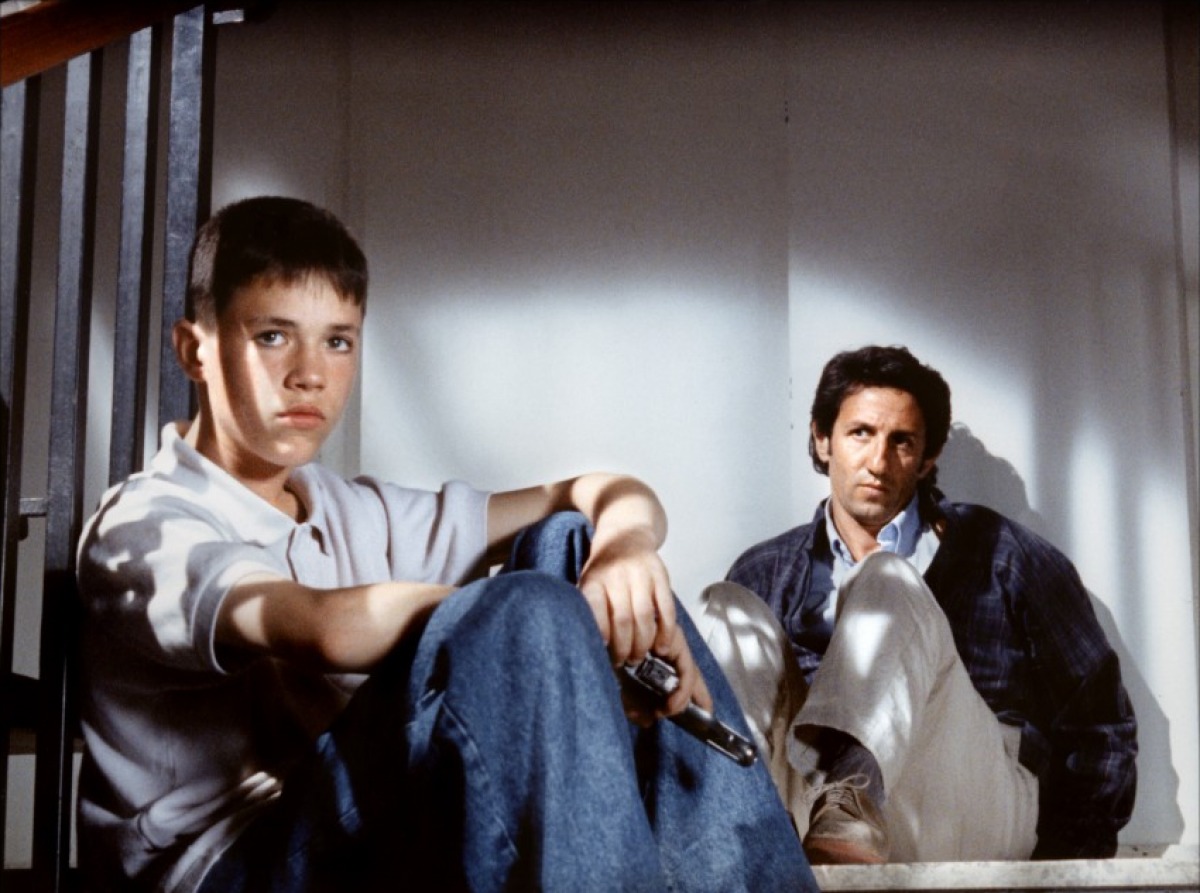
(Jacques Doillon, 1990) · Doillon met 15-year-old Gérald Thomassin at a casting call in a Paris housing project and cast him as a boy who learns that the sister he thought was dead is in fact alive. He robs a chemist to fund his search for her and, in doing so, attracts the attention of a cop torn between social and professional responsibility. This intense, superbly widescreen story of youth rebellion shared the prestigious Prix Louis-Delluc given by French critics.
runtime: 100 min
format: 35mm
Print courtesy of the Institut Français.
2015-02-16 @ 7:00 PM
Petits Frères
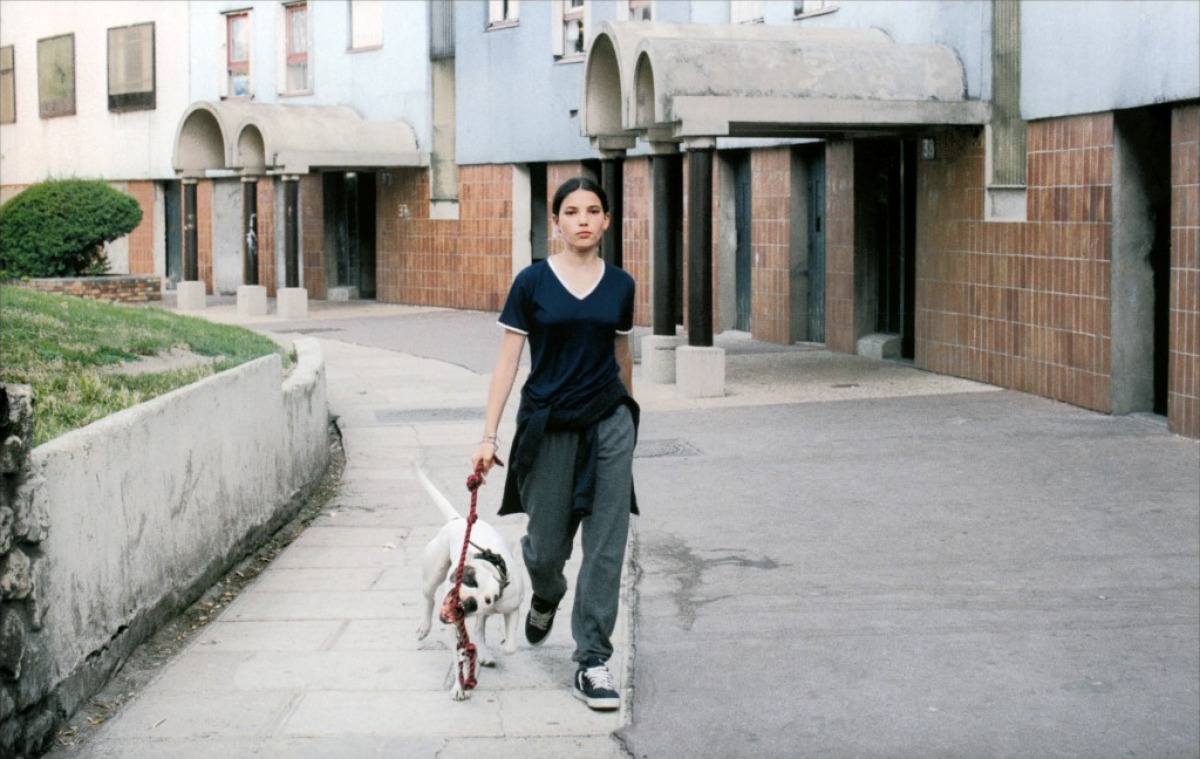
(Jacques Doillon, 1999) · After running away from her abusive home, 13 year-old Talia falls in with a group of street kids. When her precious dog is stolen by a charismatic older boy, she convinces the petits frères to sweep the Paris suburbs looking for him. Admirably pitiless in his approach, Doillon works to emphasize Talia's resourcefulness without ignoring economic and racial tensions. He recognizes the capacity for human connection even in a mercenary environment.
runtime: 92 min format: 35mm
2015-02-23 @ 7:00 PM
Raja
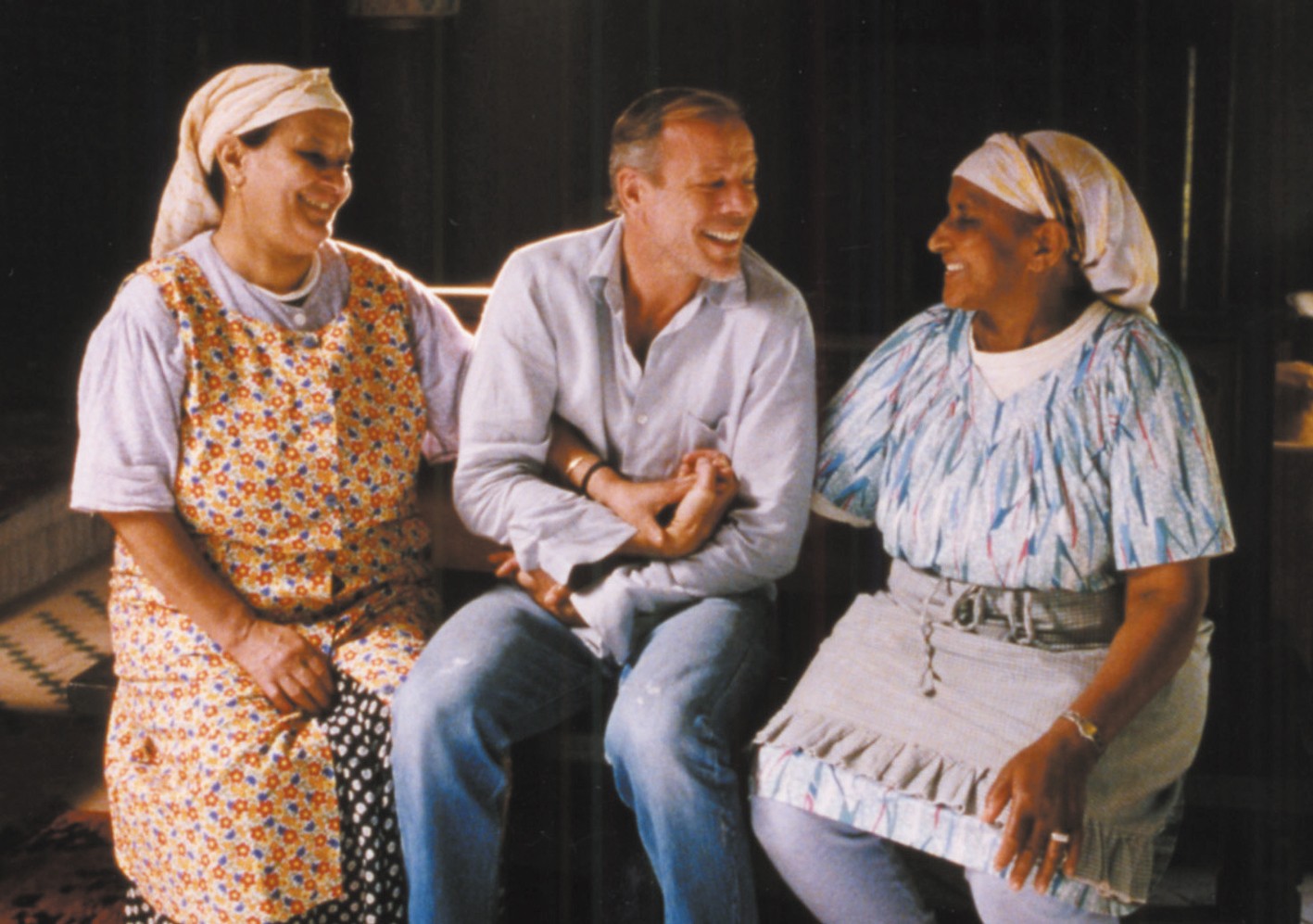
(Jacques Doillon, 2003) · Fred, a wealthy middle-aged Frenchman, takes a shine to his young Moroccan gardener Raja and attempts to court her. He is all too aware of their cultural differences and lack of common language, not to mention the potential for misconduct, but his yearning is strong. In an example of Doillon's profound equity, Raja is just as complicated, indulging Fred's affection while maintaining her distance. Raja is one of Dollion's greatest films.
runtime: 112 min format: 35mm
2015-03-02 @ 7:00 PM
Just Anybody
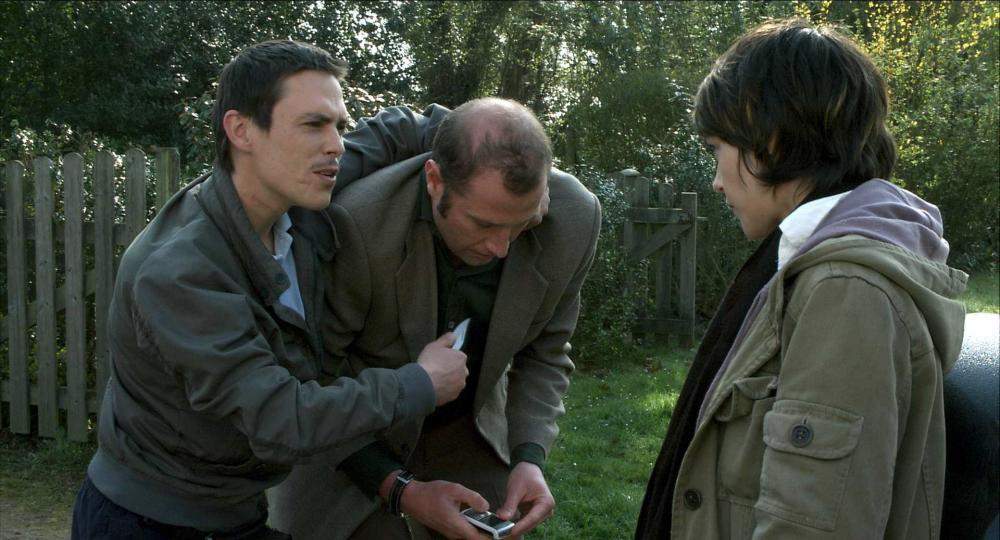
(Jacques Doillon, 2008) · Just Anybody is defiantly on its own wavelength. What initially seems to strain credibility comes to resemble a bold reimagining of the laws of human nature, heightened by physical, fully committed performances. Complications arise when Camille (Clémentine Beaugrand), bored with life, decides to give her unbridled love to "just anybody," as embodied by aggressive drifter Gérald Thomassin from Le Petit Criminel. Challenging but mesmerizing.
runtime: 121 min
format: 35mm
Print courtesy of the Institut Français.
2015-03-09 @ 7:00 PM
Love Battles
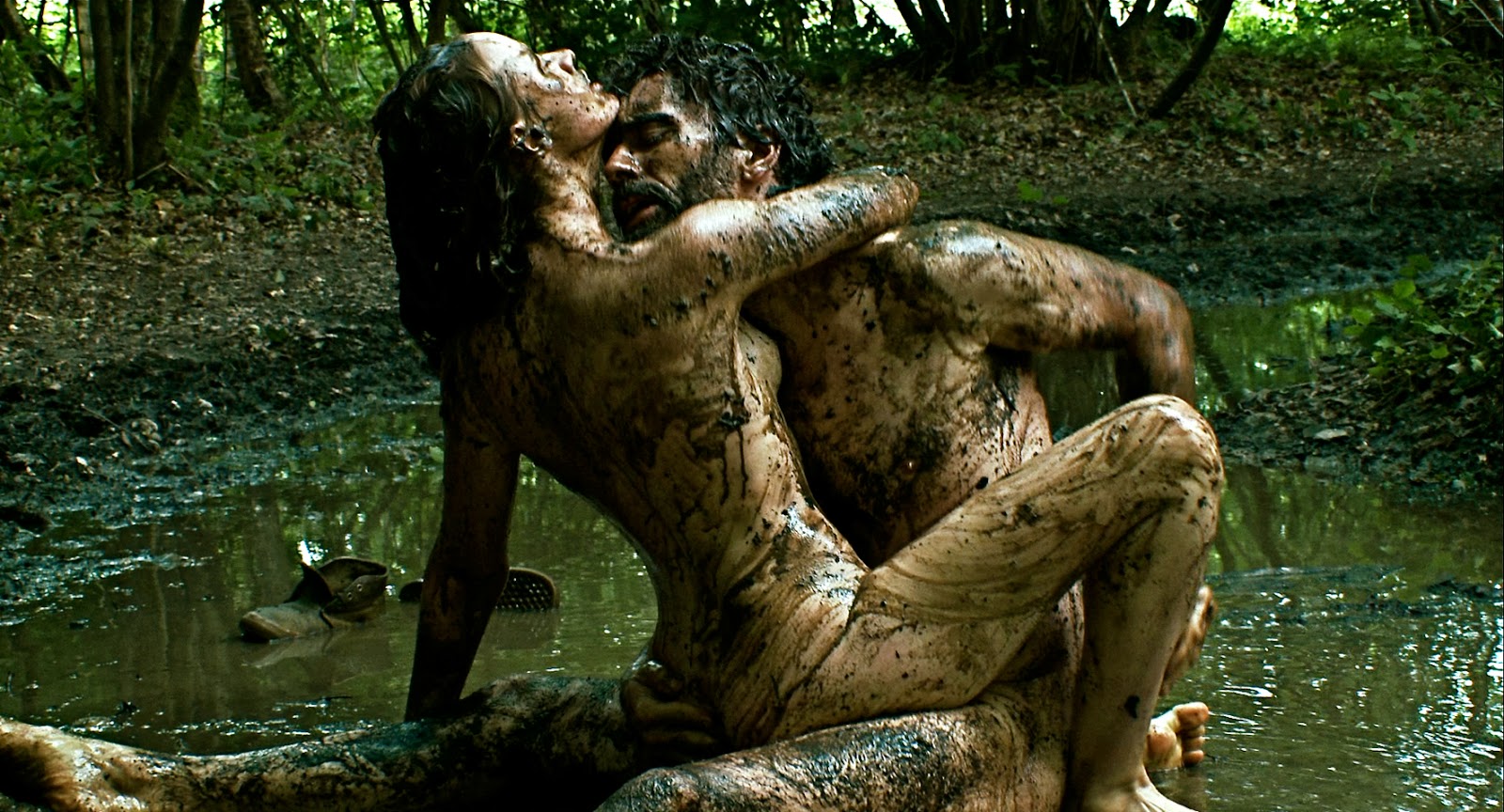
(Jacques Doillon, 2013) · Doillon's shift toward character abstractions reaches its apex in his latest film, here receiving its Chicago premiere. A woman (Sara Forestier) arrives in the country to settle her father's estate and resume a budding relationship with a neighbor (James Thierrée). As the banter between the two escalates into a series of therapeutic/erotic brawls, one marvels that a veteran director like Doillon is still taking huge risks and making them pay off.
runtime: 99 min format: DCP



